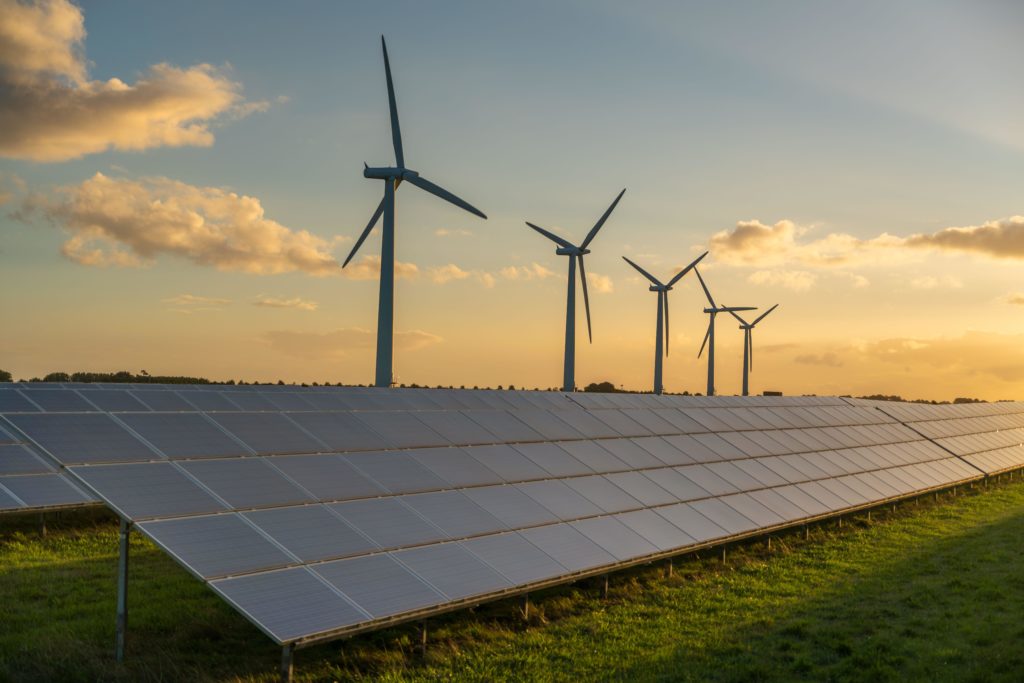NUR-SULTAN
Kazakhstan plans to develop alternative energy sources in 10 cities across the Central Asian country to contribute to energy transition and decarbonisation.
Kazakhstan’s huge reserves of traditional energy sources, namely cheap coal, oil and natural gas, are being chipped away every year. Year-on-year, there is a gradual decline among existing fields and sources, despite some recently announced finds. Their extraction requires increasingly significant financial investments, especially if associated with deep offshore oil drilling and complex technologies.
To avoid an eventual economic recession brought about by the decline in hydrocarbon fuel demand and diminishing mineral reserves, Kazakhstan is trying to adapt by tapping into its vast – and potentially hugely lucrative – renewable energy resources.
The country intends to commission at least 2,400 megawatts of renewable energy capacities together with strategic investors, Economy Minister Asset Irgaliyev said.
“It is planned to carry out gasification and transfer to alternative energy sources in the 10 most polluted cities in the medium term,” the minister said in a report.
“All cities and villages will be provided with clean drinking water within the next five years. In order to use resources carefully, 120 canals will be reconstructed and nine new reservoirs will be built.”
Irgaliyev said legislative amendments would be introduced to simplify budget processes related to the implementation of projects, reduce bureaucracy and expand the use of digital tools.
In July, Eni, an Italian multinational oil and gas company, and Kazakhstan’s state-owned KazMunayGaz agreed to develop more renewable, hydrogen and bio-feedstock projects in the Central Asian country, strengthening and widening their partnership to the energy transition scope.
Eni launched its first renewables project in Kazakhstan in 2020 through the 48-megawatt Badamsha wind farm, located in the Aktobe Region, with an annual power generation of about 195 gigawatt hours and an overall CO2 saving of 172,000 tonnes per year. The company is now executing the second phase of the project, with 48 megawatts of additional capacity.
In March 2021, Eni also inaugurated the construction works of a 50-megawatt photovoltaic plant in the south of Kazakhstan.

